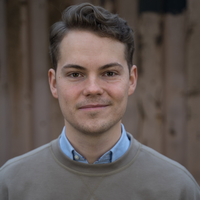The 'Taberlingen' simulation game offered an immersive and educational experience to coordinators in the municipal sector who work with refugees and migrants, engaging with diverse groups from public administration, voluntary organizations, and migrant associations. The game's agenda focused on addressing challenges related to refugee and migrant integration within a fictional German municipality. Participants assumed the roles of various local actors, including representatives from political parties, unions, employers, migrants' self-organizations, and citizen initiatives. The simulation presented critical decisions concerning housing, education, labor market, and social cohesion at the local level, providing a comprehensive understanding of the complexities involved in integration efforts.
Project Goals
- To provide a safe and interactive platform for participants to engage in discussions about the political and societal processes in Germany, particularly those related to migration, asylum, and temporary protection.
- To empower integration consultants with the skills and knowledge to navigate political decision-making in their roles.
- To foster a deeper understanding of the challenges and obstacles faced in integrating refugees and migrants at the local level.
- To encourage the formation of coalitions and the development of effective strategies for addressing integration issues in diverse communities.
Target Group
The simulation game targeted coordinators working in the municipal sector with a specific focus on refugees and migrants. Participants came from various backgrounds, including public administration, voluntary organizations, and migrant associations. The simulation game aimed to bring together professionals who consistently engage with integration efforts at the local level.
Planned Outcomes/Achievements
- Create an engaging and immersive simulation experience that provides participants with valuable insights into the complexities of integration work.
- Facilitate open and constructive discussions on the political and societal aspects of migration, asylum, and temporary protection in Germany.
- Strengthen the collective position and understanding of integration consultants as they navigate socio-political questions and challenges.
- Equip participants with enhanced arguments and strategies to address the rise of populism and political extremism while promoting social cohesion and inclusion.
- Foster a supportive environment for professionals to reflect on their own roles and responsibilities in the integration process.



